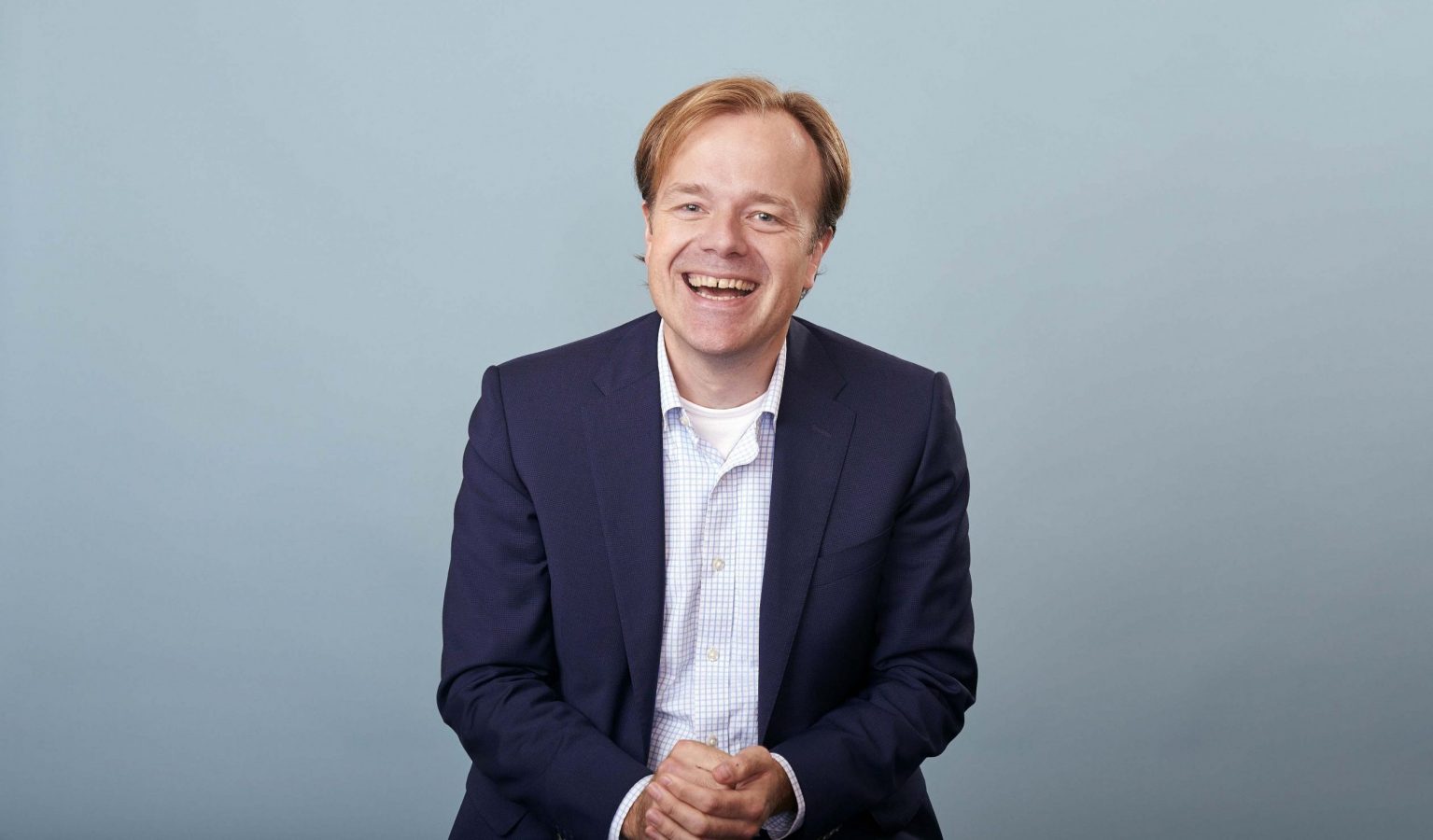‘It doesn’t get much more international than this,’ says Bas. Together with the Vintura team, he supervised a large international pharmaceutical group before and during a radical organisational change. ‘It was a huge challenge, but a great one!’
In the ‘old’ situation, the global pharmaceutical company was no longer able to cope with the enormous amount of regulatory affairs arising from the constantly changing regulations and the upcoming pipeline. The group lacked agility and efficiency. Vintura was asked to design the future situation and supervise the transition to the central Regulatory Management Centres (RMCs) in the Asia/Pacific, Latin America and EMEA regions. An additional challenge was that the three regions (and often the countries within the regions) face specific challenges when it comes to regulations, available resources, and of course, cultures. Furthermore, the willingness to change was not equally strong everywhere.
Understanding and capacity
‘Together with a global project team, we held a creative kick-off workshop to gather a wide range of ideas for improvement,’ says Bas, ‘After that we selected the interventions with the greatest impact together with the team, and translated these into a design for the future organisation.’ Vintura then organised workshops for each region with the local teams. ‘At those workshops, we discussed the processes, tasks and roles necessary to actually realise the transition. This approach yielded a great deal of input and – just as importantly – significant understanding of and capacity for the upcoming organisational changes.’
Meaningful impact
Ultimately, a more central organisation with regional RMCs was chosen, in which ‘local’ people carry out regional tasks in their own region for a cluster of countries. ‘The process synergy and optimisation ensures greater efficiency, better quality, better compliance with regulations and greater planning capacity to predict and distribute the workload,’ says Bas. ‘Employees look beyond borders, expand their knowledge and experience more structure. In short: this has certainly created a meaningful impact.’
Connecting and improving
According to Bas, a global process like this one and the formation of a solid project team can sometimes be hampered by distance and the many cultural differences, making it difficult to establish a real connection with stakeholders. ‘You also travel regularly and are on the phone at odd hours. You have to immerse yourself extensively and move around in different cultures. But it’s possible. And that leads to fantastic results.’





